Introduction:
Tax season can be daunting for business owners, with various decisions to make regarding deductions and credits. One crucial decision is whether to itemize deductions or take the standard deduction. This choice can significantly impact your tax liability and financial well-being. In this blog post, we'll explore the factors business owners should consider when deciding between itemizing and taking the standard deduction.
Understanding Itemized Deductions and the Standard Deduction:
Before delving into the decision-making process, let's clarify the difference between itemized deductions and the standard deduction:
1. Itemized Deductions: These are individual expenses that you can claim on your tax return to reduce your taxable income. Common itemized deductions for business owners may include mortgage interest, property taxes, medical expenses, charitable contributions, and certain business expenses.
2. Standard Deduction: This is a fixed dollar amount that reduces the amount of income on which you're taxed. The standard deduction is available to all taxpayers, regardless of their expenses. The amount varies depending on your filing status.
Factors to Consider for Business Owners:
1. Total Deductible Expenses:
- Evaluate your deductible expenses for the tax year. Calculate the sum of your potential itemized deductions, including both personal and business-related expenses. Consider expenses such as mortgage interest, property taxes, state and local taxes, medical expenses, charitable donations, and allowable business expenses.
2. Documentation and Record-Keeping:
- Itemizing deductions requires meticulous record-keeping and documentation of expenses. Ensure that you have accurate records to substantiate each deductible expense. Maintaining organized records throughout the year can streamline the tax-filing process and minimize the risk of audits.
3. Time and Complexity:
- Itemizing deductions typically involves more time and effort compared to taking the standard deduction. You'll need to gather supporting documents, compute each deduction category, and complete additional forms. Consider whether the potential tax savings outweigh the additional time and complexity involved in itemizing.
4. Tax Savings:
- Compare the tax savings generated by itemizing deductions versus taking the standard deduction. Use tax preparation software or consult with a tax professional to estimate your tax liability under both scenarios. Opt for the option that minimizes your tax burden while adhering to IRS regulations.
5. Changes in Tax Laws:
- Stay informed about changes in tax laws that may affect deductible expenses and the standard deduction amount. Tax laws are subject to revision, and certain deductions or credits may be phased out or modified over time. Consider consulting with a tax advisor to navigate recent legislative changes and optimize your tax strategy.
Conclusion:
Deciding whether to itemize deductions or take the standard deduction is a significant choice for business owners. It requires careful consideration of various factors, including deductible expenses, documentation requirements, time constraints, potential tax savings, and changes in tax laws. By evaluating these factors thoughtfully and seeking professional guidance when necessary, business owners can make informed decisions that optimize their tax outcomes and financial well-being.

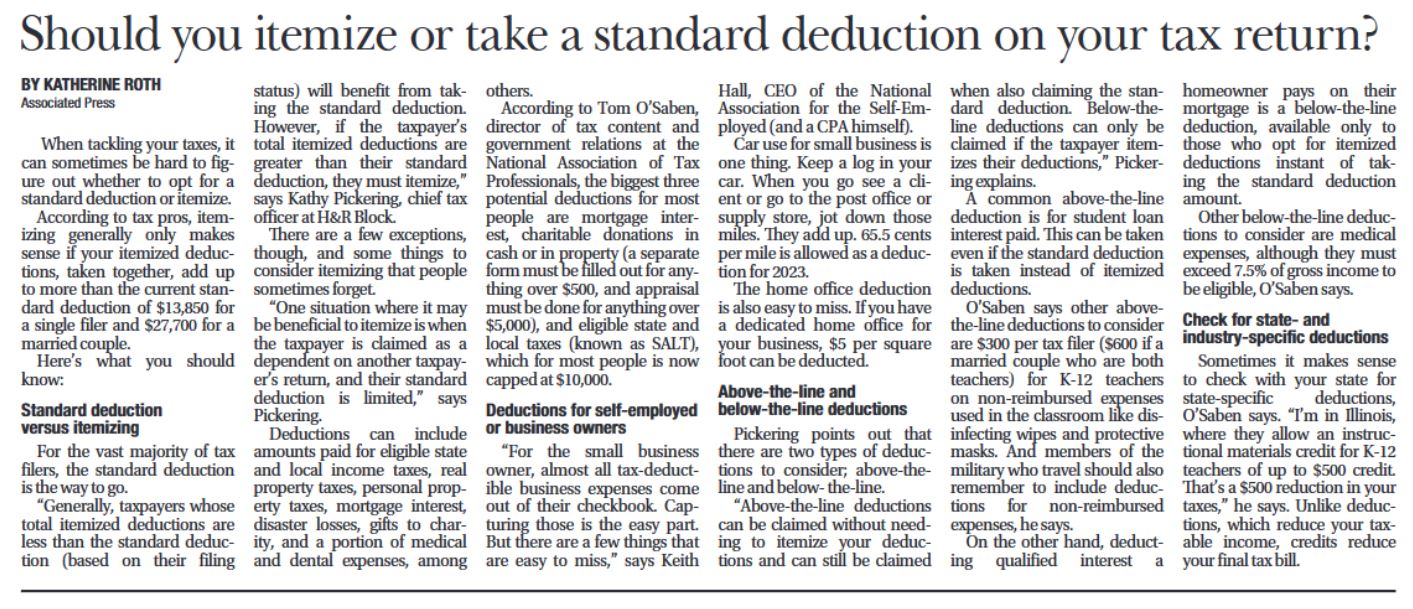
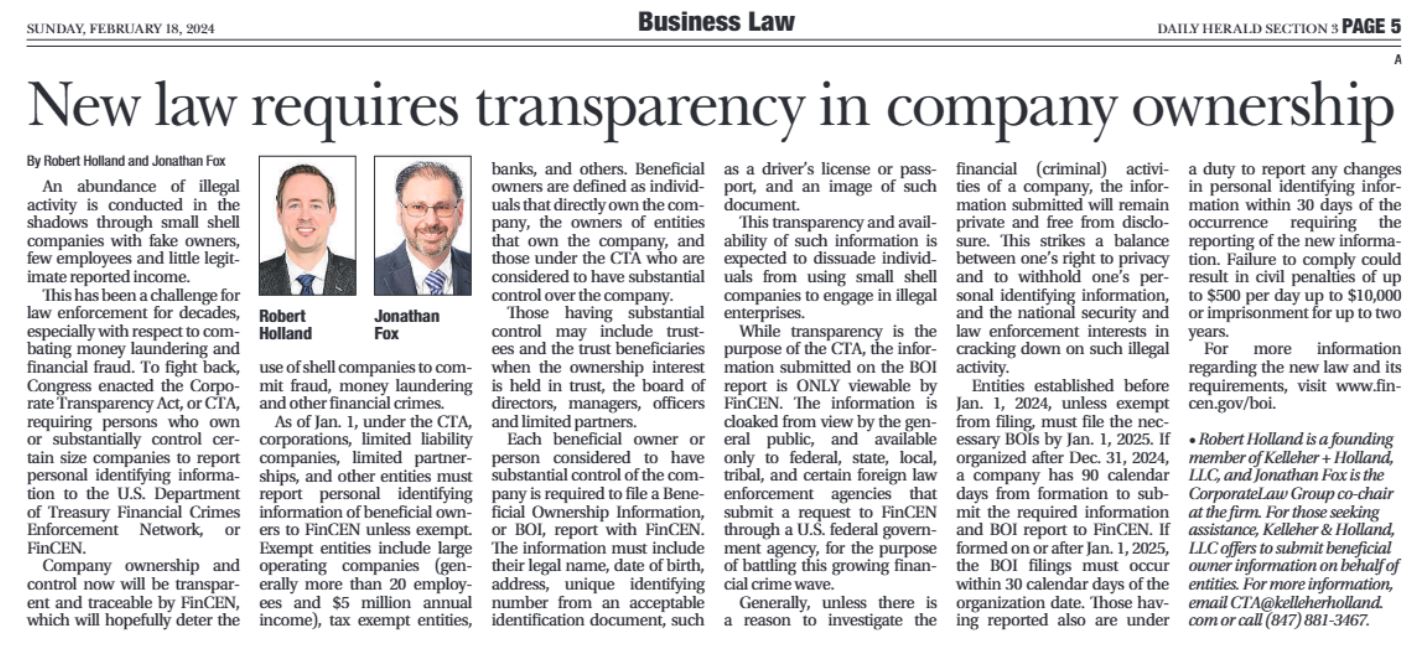
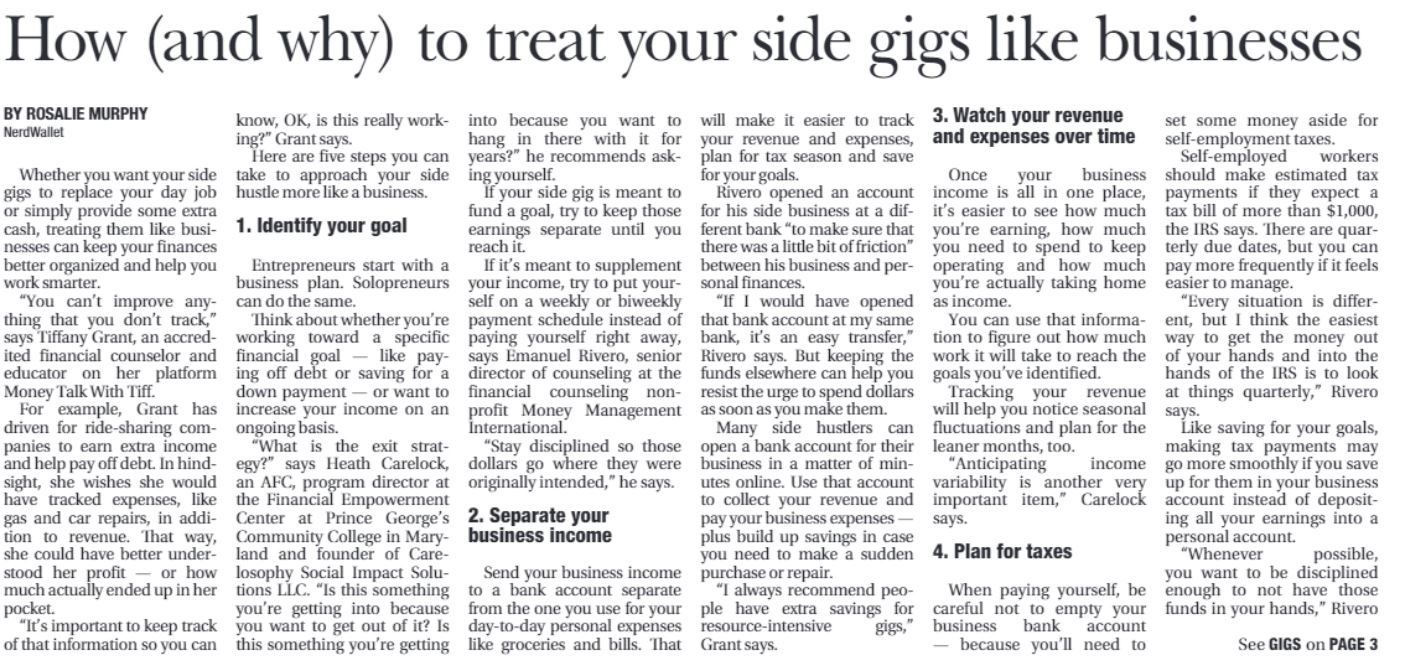
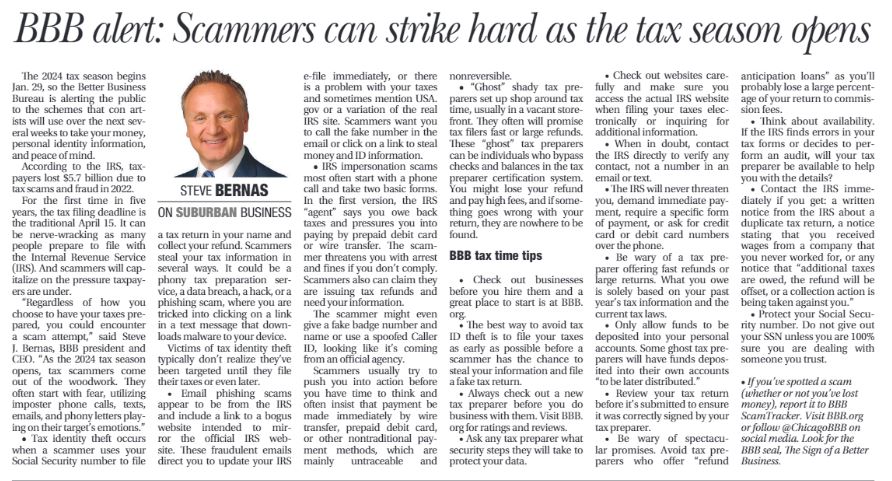
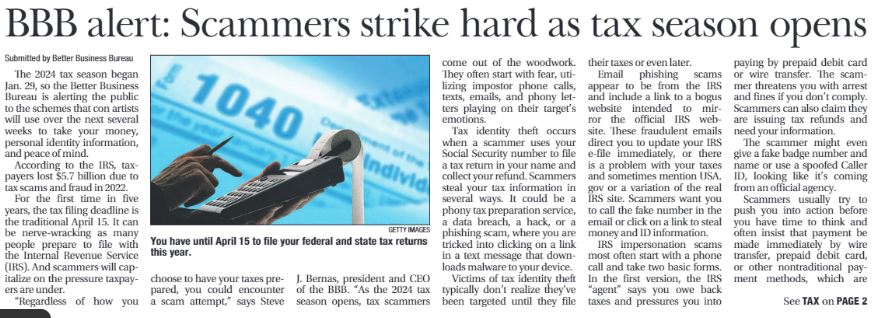
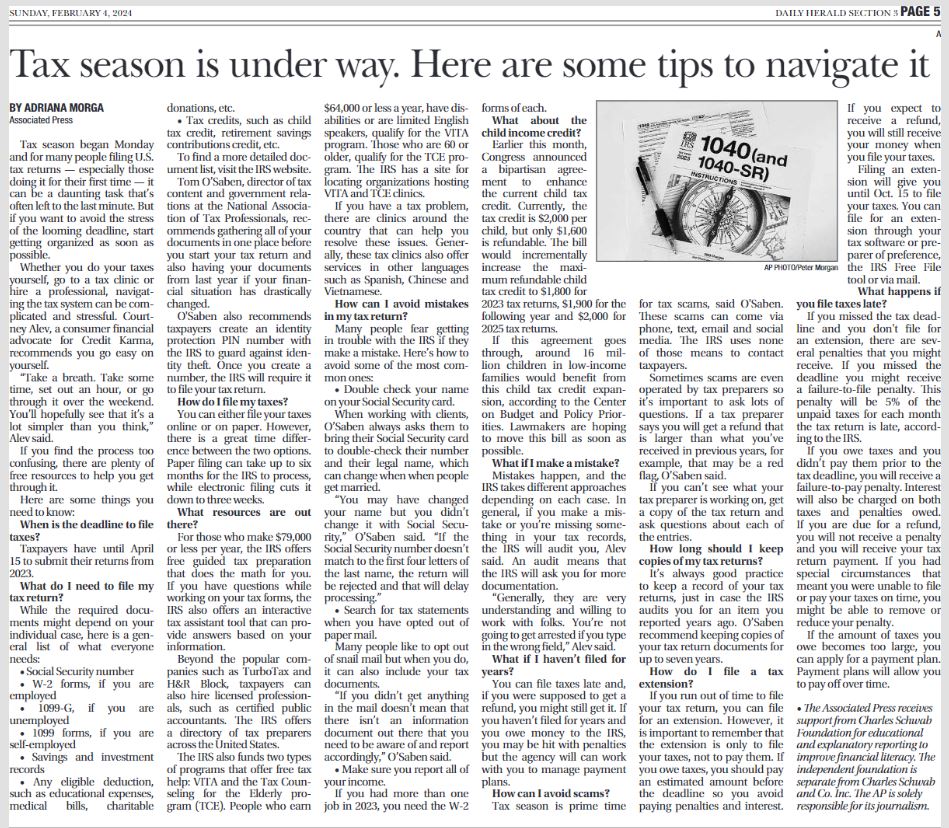
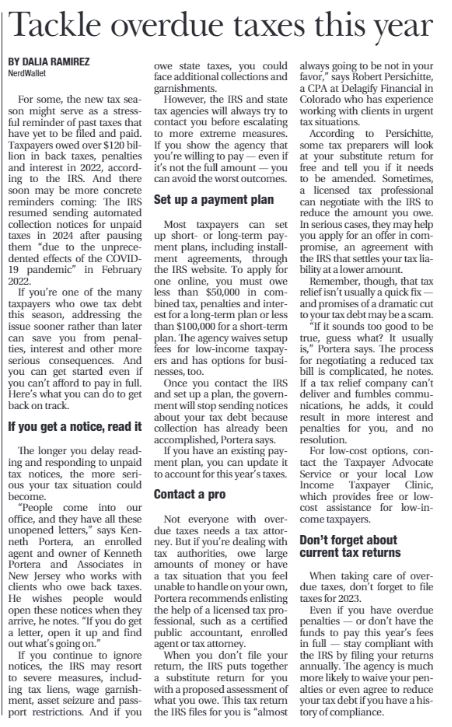


 RSS Feed
RSS Feed


